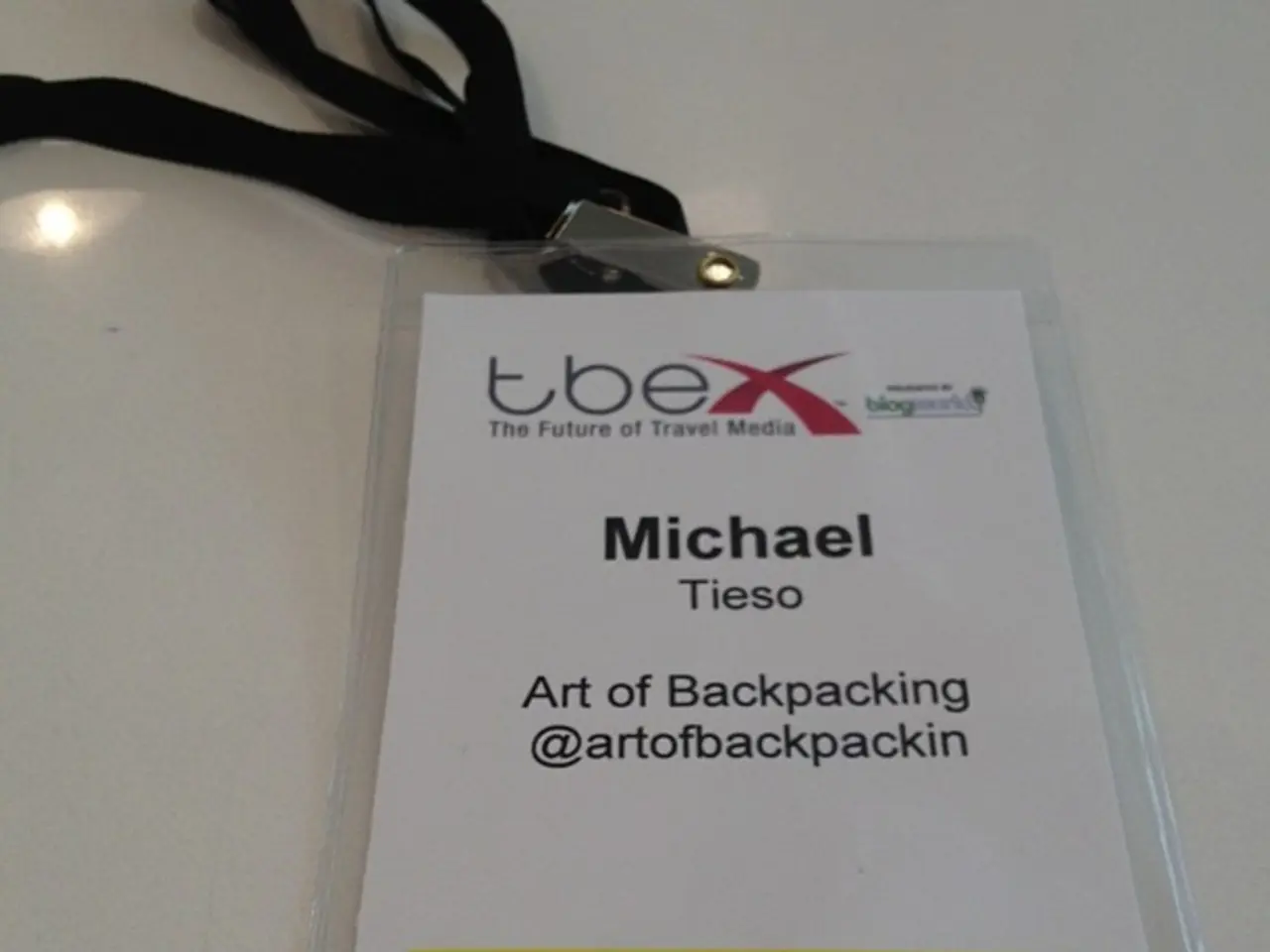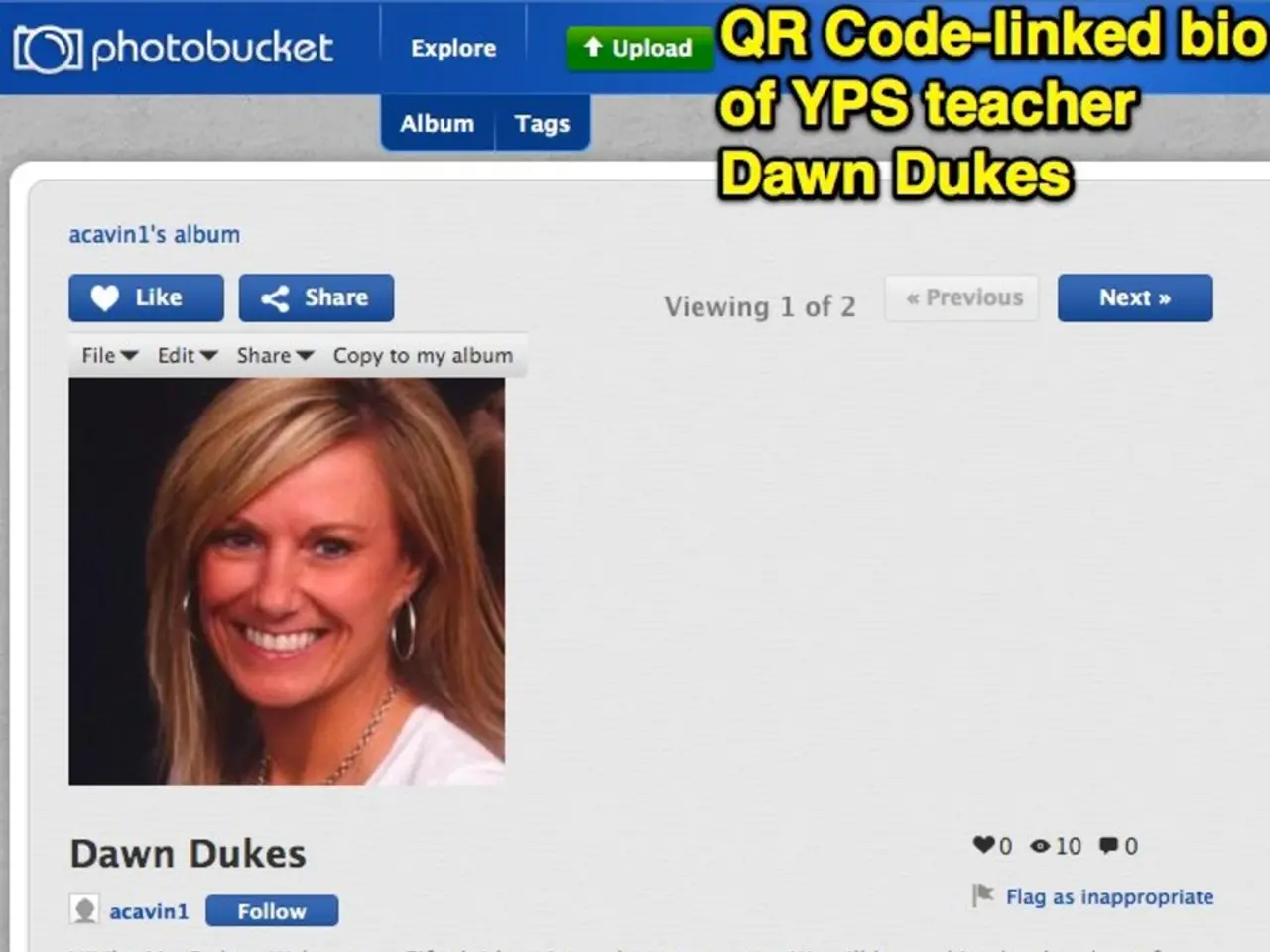Deportation proceedings temporarily halted for migrants receiving emergency protection
In a significant ruling, a federal judge has blocked the Trump administration's policy that aimed to expedite the deportation of immigrants who were legally paroled into the United States through humanitarian programs at ports of entry. This decision protects parolees by ensuring they cannot be summarily removed under the administration's expanded "expedited removal" procedures without due process [1].
The ruling comes amidst the Trump administration's push to increase deportations, particularly targeting those previously granted parole under programs for Cubans, Haitians, Nicaraguans, Venezuelans (CHNV), and others. The judge found that the government exceeded its legal authority by applying expedited removal to these parolees, many of whom came through official humanitarian parole programs at ports of entry [1].
The case, one of the first major court challenges to immigration policy under President Donald Trump's second term, was brought by the Coalition for Humane Immigrant Rights (CHIRLA), CASA, and UndocuBlack, among others. The challengers argue that the Department of Homeland Security (DHS) is violating the Immigration and Nationality Act by treating legally paroled migrants as if they had entered unlawfully [2].
The recent federal judge's block on fast-track deportations ensures parolees at ports of entry retain protections against immediate removal while their cases are adjudicated [1]. However, ongoing litigation and administrative actions regarding the termination of parole and work authorization still create uncertainty for these individuals [1][3][4].
Hillary Li, an attorney representing the challengers, stated that the groups are deeply committed to protecting communities from the harms of expedited removal. Judge Jia Cobb, an appointee of former President Joe Biden, wrote in her opinion that the policy likely violates the expedited removal statute and is "arbitrary and capricious" under administrative law [2].
Judge Cobb's ruling raises questions about whether parolees who escaped oppression will have the chance to plead their case within a system of rules, or if they will be summarily removed from the country. The ruling temporarily blocks the government from deporting individuals who were granted parole at ports of entry [1].
The suit also raises due process concerns, saying the new policy endangers vulnerable communities without giving them a chance to be heard [2]. Li expressed gratitude that the court recognized that this practice is unlawful. The new policy could put more than 2 million people at risk of summary deportation, including many who came to the US fleeing persecution and were pursuing legal pathways to stay [2].
This ruling, while a victory for the parolees, does not resolve the broader legal fight over how far the executive branch can go in dismantling Biden-era immigration and parole policies. The case is part of a broader legal fight over how far the executive branch can go in dismantling Biden-era immigration and parole policies [2].
[1] NPR. (2021, July 12). Federal Judge Blocks Trump Administration's Rapid Deportation Policy For Legally Paroled Immigrants. Retrieved from https://www.npr.org/2021/07/12/1016228830/federal-judge-blocks-trump-administrations-rapid-deportation-policy-for-legally-parole
[2] SBS News. (2021, July 13). Judge blocks Trump administration's rapid deportation policy for legally paroled immigrants. Retrieved from https://www.sbs.com.au/news/judge-blocks-trump-administrations-rapid-deportation-policy-for-legally-paroled-immigrants
[3] SCOTUSblog. (2020, August 24). Supreme Court declines to block lower court's ruling blocking Trump administration's termination of DACA. Retrieved from https://www.scotusblog.com/case-files/cases/regents-university-california-v-dep-homeland-security/
[4] SCOTUSblog. (2021, June 17). Supreme Court allows Trump administration to proceed with parole terminations for Cubans, Haitians, Nicaraguans, and Venezuelans. Retrieved from https://www.scotusblog.com/case-files/cases/regents-university-california-v-dep-homeland-security/
The Trump administration's push towards expedited deportations, including those previously granted parole under programs for Cubans, Haitians, Nicaraguans, Venezuelans (CHNV), and others, faced a setback with a federal judge's blocking of the policy [1]. The judge found that the government's application of expedited removal to these parolees, many of whom came through official humanitarian parole programs, likely violates the expedited removal statute and is "arbitrary and capricious" under administrative law [2].
The ongoing litigation and administrative actions regarding the termination of parole and work authorization still create uncertainty for these individuals [1][3][4]. Hillary Li, an attorney representing the challengers, stated that the groups are deeply committed to protecting communities from the harms of expedited removal, highlighting the broader legal fight over how far the executive branch can go in dismantling immigration and parole policies [2].








